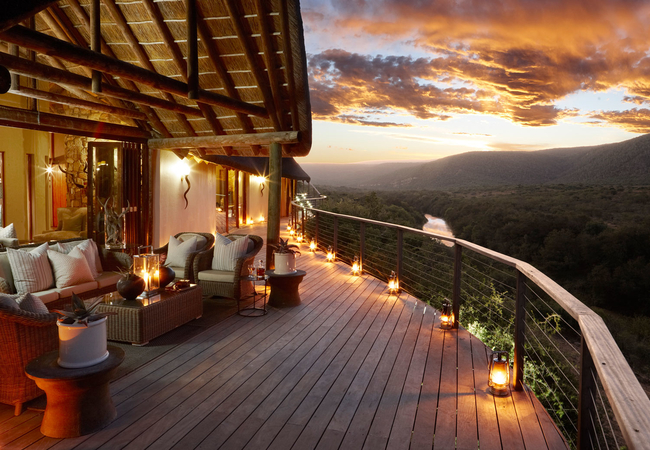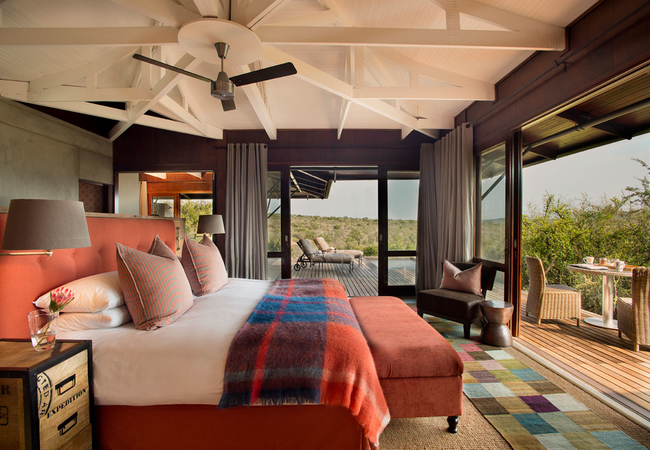Felis serval - The Serval
The Serval is not as well known as the larger cats, probably because they are smaller, mainly nocturnal and solitary. The serval is much larger than the domestic cat. It is long legged, the hind legs longer than the front legs. The neck is long and its head small, with large, very erect ears.
Did you know? The serval has the longest legs of all the cats, relative to its size.
The serval's coat is yellowish-tan, with black spots, bands and stripes. The tail is ringed with black, and the underparts of the body are white or light tan. Individual servals can be identified by their unique features; diverse patterns of spots and stripes, nicks in their ears, and variations in colour.
Size
Serval stand 22 inches at the shoulder.
Weight
30 to 45 pounds.
Habitat
Savannahs. Servals are common on the savannahs where there is plenty of water. They seem to prefer areas of bush, tall grass and dry reed beds near streams, but are found in high-altitude moorlands and bamboo thickets. Black servals occur in Kenya's high country.
Distribution
The beautiful serval can be seen at several parks and reserves around South Africa that provide enough water and tall grasses. These include Impendle Nature Reserve which lies in the foorhills of the Drakensberg, Highmoor Nature Reserve (also in the Drakensberg), and the Tembe Elephant Park (all in KwaZulu-Natal), the Lapalala Wilderness in Limpopo, and the world-renowned Kruger National Park in Mpumalanga.
Diet - Carnivores
Servals eat a great variety of prey, including birds, snakes, lizards, frogs and insects, and they are notorious poultry raiders. They are quite successful hunters, catching an average of 50 percent of all prey hunted.
Socialisation
The serval is mainly nocturnal, but even in the daytime it can be difficult to see in tall grass. The serval hunts by sight and sound more than scent. With its acute hearing, a serval can locate prey that is moving underground.
If hunting prey above ground, the serval raises its head above the grass and listens for movement. Once a sound is located, the serval stealthily approaches, then leaps and pounces. It often plays with its catch before eating it.
A serval has a territory of up to 5 square miles that it continually marks by spraying urine on grass and bushes along the borders. The marking alerts servals in overlapping territories to keep their distance.
Life Expectancy
20 years in the wild.
Predators
Stay at Serval





Fish River Hotel / Game Lodge
Kwandwe Great Fish River LodgeSleeps 18 people in 9 rooms
Great Fish River Lodge is located in the magnificent malaria-free Eastern Cape, Kwandwe Game Reserve and is within easy ...
- free wifi
- all ages welcome
- parking
- swimming pool
- airport transfers
- from 47600
- R
- 45220
- per room per night
based on 2 persons
instant booking possible
Additional Reading
You might also be interested inWhere to see Serval in their natural habitat?
Want to see serval in their natural habitat? In South Africa, find serval in many reserves and parks, including...




